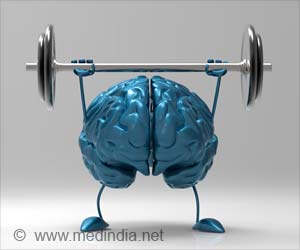Filtering out distractions become increasingly difficult for older adults due to brain related changes, according to recent research results.
Filtering out distractions become increasingly difficult for older adults due to brain related changes, according to recent research results. This task is reasonably easy where younger adults are concerned. The healthy middle aged adults and youngsters in their twenties were equally good where concentrating is concerned, according to functional magnetic resonance imaging (fMRI) studies conducted by Cheryl L. Grady of the Rotman Research Institute at the Baycrest Center for Geriatric Care.
This is not the case with those who have crossed the age of 65 years, who get distracted more easily. Another study has revealed that memory related problems of women who have attained the menopause age are mostly due to mood-related problems. The frontal lobe activity may also be altered with neurochemical and structural changes which take place as a person grows older.The researchers studied 12 middle-aged adults, 12 young adults, and 16 older adults. The brains of these people were being scanned by the fMRI while they performed recognition and encoding tasks. There were no remarkable age differences with regard to encoding tests, but there were differences in recognition accuracy between the different age groups. The middle-aged group displayed lesser recognition accuracy, even though the difference was not very great when compared to the younger group.
When all the tasks were taken into consideration, older brains displayed a higher level of activity in the parietal and the medial frontal regions. The research also suggested the strategies which older adults may need to adopt to remain focused on the activity on hand. This may involve not undertaking two tasks simultaneously. The level of education also plays a strong role where staying focused is concerned. The more highly educated were less susceptible to this than the less educated.





